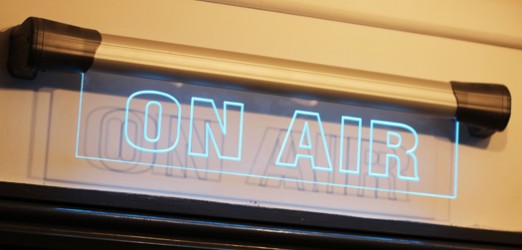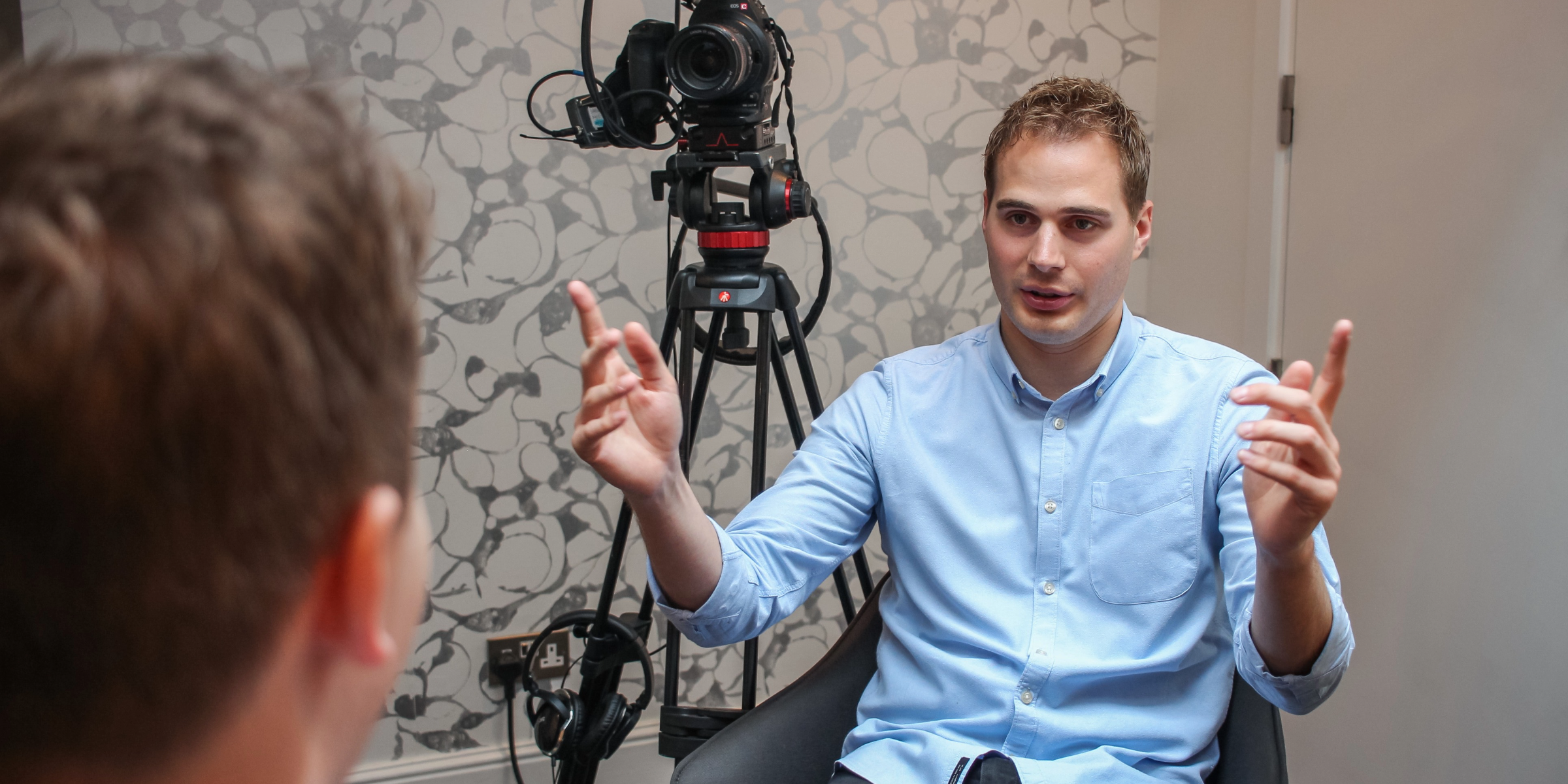At Shout! Communications we don’t think broadcast PR IS separate from “mainstream” PR, and it has always amazed us that there are those in the industry who think it is anything other than an integral part of any campaign. In our experience broadcast is generally “the icing on the cake” and when a client is reviewing how a story has gone it is coverage on television and radio in particular that stands out to them as a highlight.
Look at the figures; in terms of reach broadcast knocks spots off any print; the BBC’s flagship News At Ten for example, has average daily of audience of 4.9 million viewers compared to the most read newspaper, The Sun, with a mere 1.5 million readers.
Numbers aren’t the only goal of course, it’s also a question of reaching influencers and decision makers; how better to do this than via BBC Radio 4’s Today programme, an outlet listened to by politicians, industry leaders and generally anyone who is going to make a difference. I have worked as a Today reporter myself but I also remember my time as a News Editor at ITN, where I worked with programme editors on all the major ITV national bulletins. That shift would start at 0559, cup of tea in hand, so that you were sitting down at your desk ready to listen to Today’s headlines.
So why does this chariot of war go unheeded by so many PR agencies? I think some are wary of broadcast; they don’t like the quick deadlines, the unwavering demands, the snappiness of the news editor or producer who slaps down the offer of a story. Broadcast journalists are tough cookies with thick skins and perhaps some PR professionals are too delicate for this approach. Selling-in to broadcast requires a different set of skills and knowledge than is needed for print. We always say there’s never just one door; yes, sometimes you can hit lucky and get a story on air with a quick call to a planning desk, but more often than not the best broadcast coverage requires going around several back routes too and even then you might need to call in a favour.
Sometimes however it is the client who shies away from broadcast. You do of course need nerves of steel for some, although definitely not all, interviews. PR agencies need to reassure these clients; there are tricks and techniques of getting out of the deepest of broadcast holes and most of these can be identified in good media training. For example, there’s the ABC of answering difficult questions: A, acknowledge the question, because if you don’t the broadcaster will ask it again; B, bridge the gap, have a turn of phrase that can help you move on to a different subject; C, change the subject to a key message and something you do want to talk about.
The next question, in the hope I have now won you over to the rewards of broadcast PR, is do you do-it-yourself, or do you outsource? There’s a very positive reason though why some PR agencies choose to use specialist consultancies such as Shout! Communications. For a fee, the fraction of what they would pay in salary terms, they can get access to some highly experienced consultants who give very good advice that results in the best coverage. Some people think broadcast PR is too expensive – but in fact media relations or video production can be very cost effective, both starting from around £1, 500.
There will always be clients who go for the cheapest option which is generally a one or two man band. Of course, without a Bloomsbury office and studio to pay for, the full suite of insurance, back up and staff there 52 weeks of the year, their overheads WILL be less. But a lot of clients will go for quality over the cheapest fix and that’s where we think specialist agencies like ours, who have as much broadcast journalism as they do broadcast PR experience, come in. Not only do we have the collective contacts and know how, we’re here all year round; if one person goes on holiday the shop doesn’t shut.
Some of the comments above were included in a recent PR Week article which asked “Is there a future for broadcast agencies?” (Come on PR Week, of course there is!)
If you’d like to discuss the broadcast possibilities for an upcoming campaign we’d be delighted to talk to you about it. We’re always happy to give you our free counsel and can help you put together the perfect broadcast PR campaign. Give us a call on 020 7240 7373 or email me at keren@shoutcommunications.co.uk.





